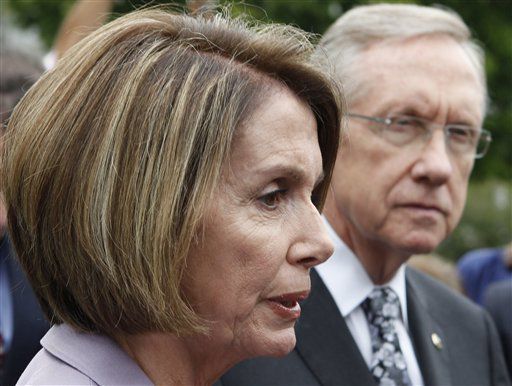Prediction: Special interest groups will lobby to stop TABOR refunds

Your TABOR refund check isn’t in the mail, at least not yet. Some groups would like to stop next year’s refunds, in spite of the benefits they would mean for the state.
Rapid growth in the Colorado economy will increase state revenue in excess of the Taxpayer’s Bill of Rights limit. Colorado’s TABOR constitutional amendment limits the growth of state revenue to the sum of population growth plus inflation; surplus revenue above that limit must be refunded to taxpayers.
Legislative analysts estimate $137 million in TABOR refunds for the next fiscal year. In the following year the state must offset surplus revenue with a temporary income tax rate reduction estimated at $234 million. Given the range of error in these estimates, the average Colorado household should expect to get somewhere between $50 and $100 per year in TABOR refunds.
Special interest groups already are lobbying for a measure that would allow the state to keep the TABOR surplus rather than to refund the money to citizens. They argue that the refund amount is small relative to average household income, and that the money is better spent on a wide range of government services.
If past experience is any guide, we should expect Colorado citizens to vote to keep their TABOR refunds. For some Coloradans the refund means that they can pay their bills. Most Colorado citizens will save a portion and spend a portion of the refund. The increase in savings, investment and consumption will expand the private sector relative to the government sector in Colorado, bringing economic benefits.
The best estimate is that the private sector is 6 percent more efficient than the public sector in allocating resources. That may not seem like much of a difference in efficiency, but over time it results in a significant boost to incomes and employment. Offsetting surplus revenue with tax cuts rather than tax refunds gives an even greater boost to economic growth.
TABOR has kept the growth of government in line with private sector growth. As a result, Colorado has achieved greater stability in state spending over the business cycle, as well as higher economic growth.
Political benefits also follow the expansion of private markets relative to the government sector. When individual households receive refunds, they decide how to save, invest or spend the money. The extra economic freedom creates more incentives for households to work, save and invest which further boosts economic growth.
Another political benefit of TABOR refunds is that it reminds Colorado citizens of the opportunity cost of increased government taxation and spending.
The economic and political benefits of TABOR refunds are spread over 2 million Colorado households. The dispersed interest provides little incentive for individual households to lobby in support of refunds.
However, when the state keeps and spends money, the benefits of those expenditures are concentrated in special interest groups. Therefore, it is no surprise that public sector unions and other groups spend large amounts of money lobbying for a referendum or initiative to stop the refunds.
If these interest groups are successful they will not only diminish household income and employment, they will diminish our economic freedom.
TABOR’s benefits are clear when we compare Colorado to California.
California’s GANN Amendment had a similar impact to the TABOR Amendment until the late 1980s. At that point special interests lobbied the California legislature to exempt expenditures for education and transportation from the spending limit. Since then that limit has been ineffective in constraining spending, and the government has expanded rapidly relative to the private economy.
California has experienced greater volatility in spending over the business cycle, as well as slower economic growth. The Golden State also has accumulated hundreds of billions of dollars in debt and unfunded liabilities.
The experience in California underscores the importance for Colorado citizens to appreciate the benefits of TABOR.
Barry Poulson is emeritus professor in economics at the University of Colorado and senior fellow in fiscal policy at the Independence Institute, a free market think tank in Denver.
Colorado Politics Must-Reads:













